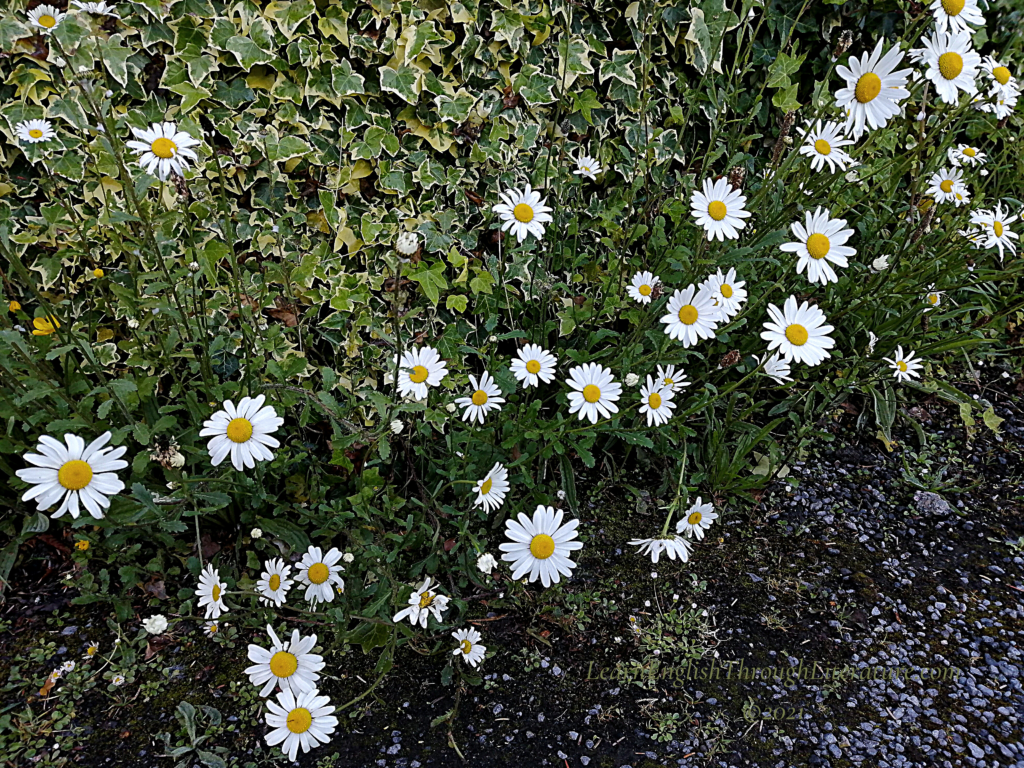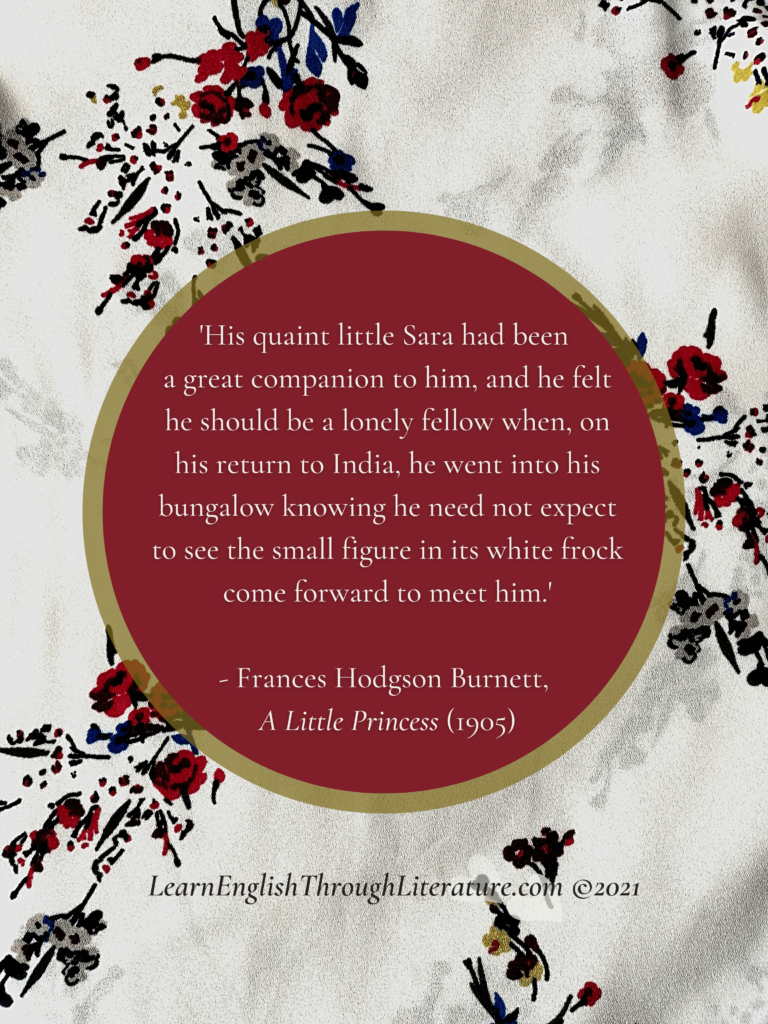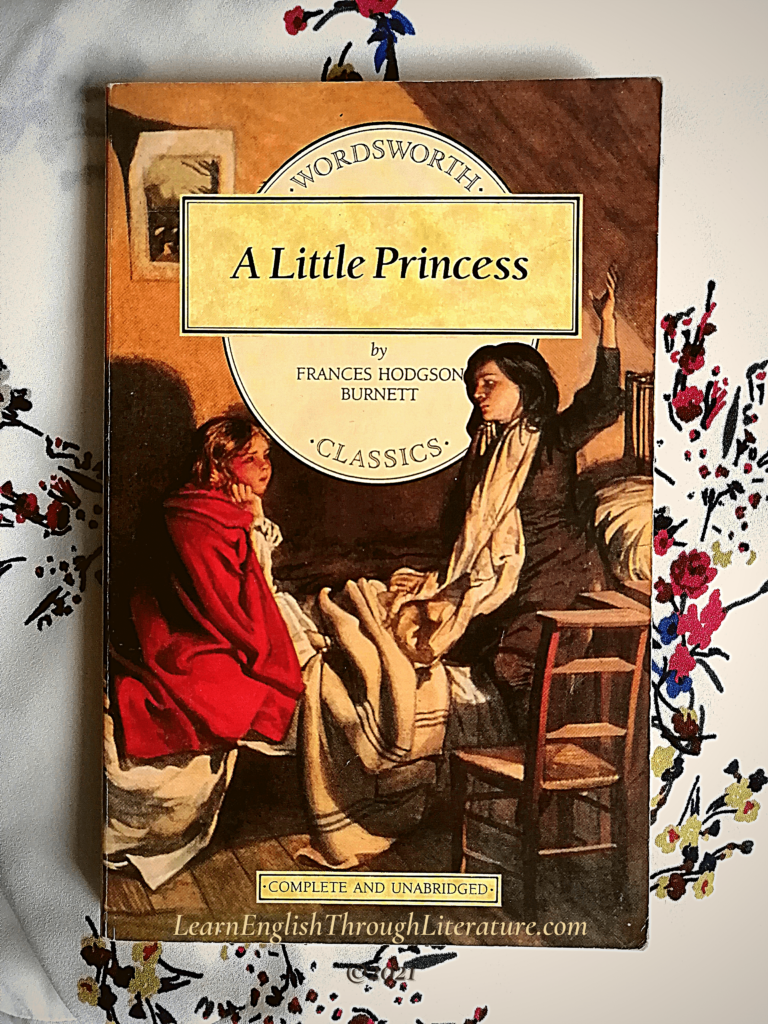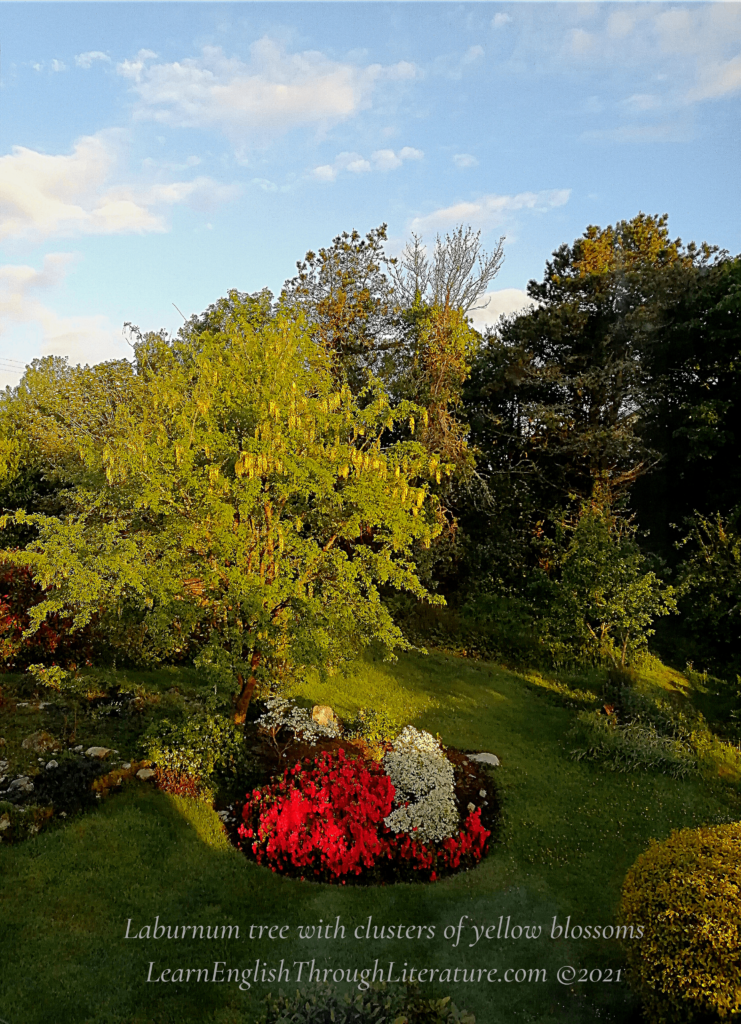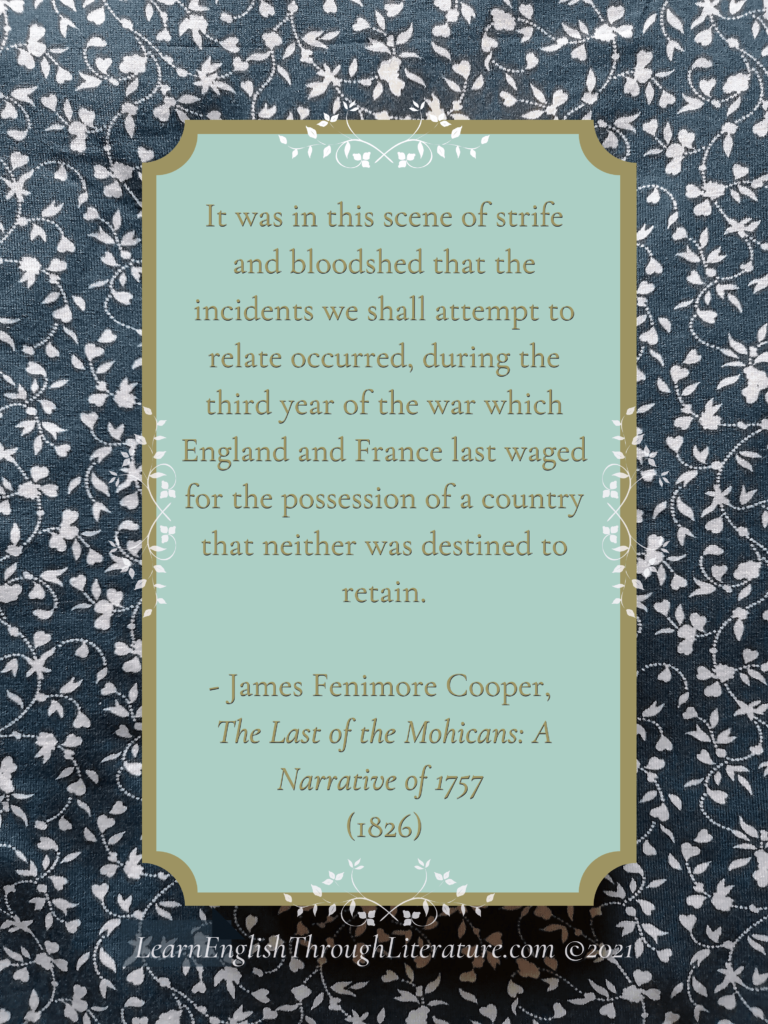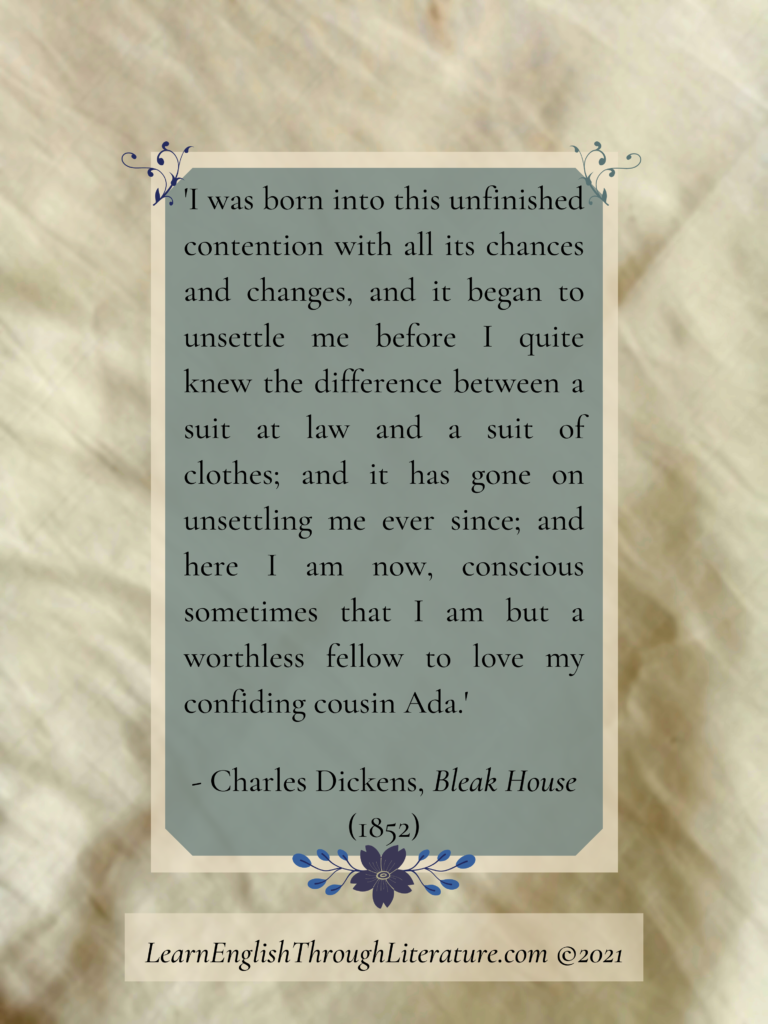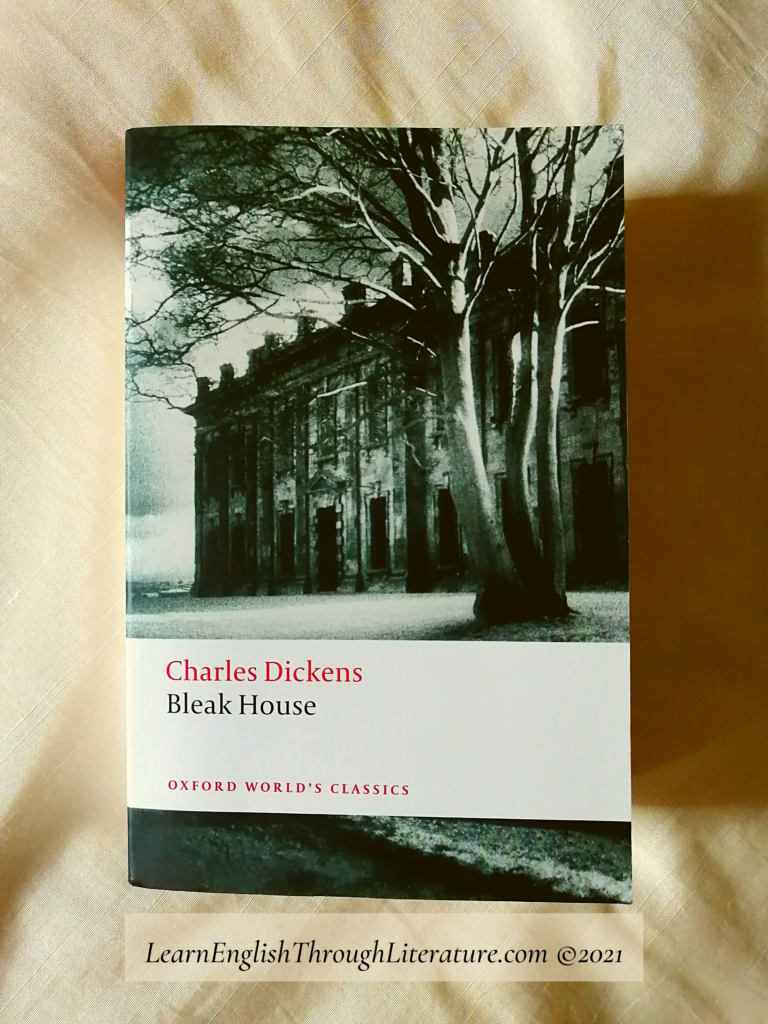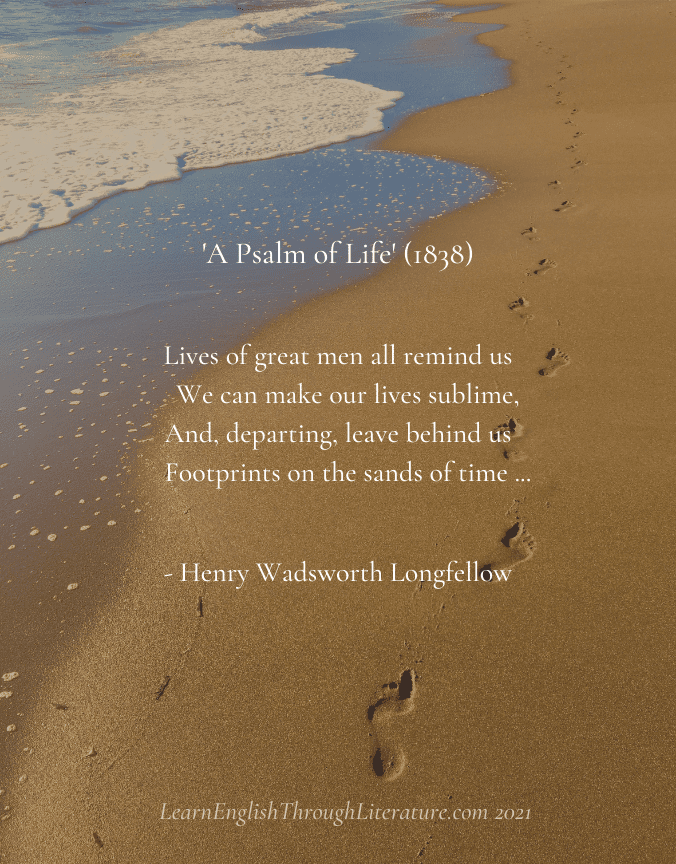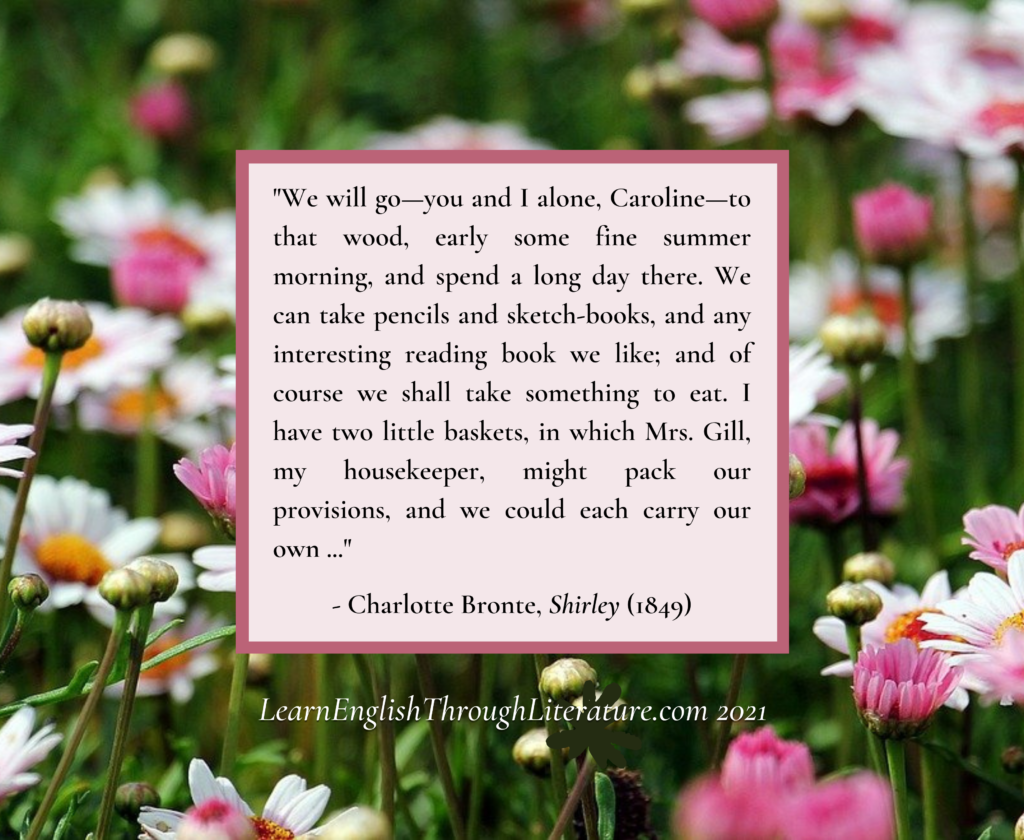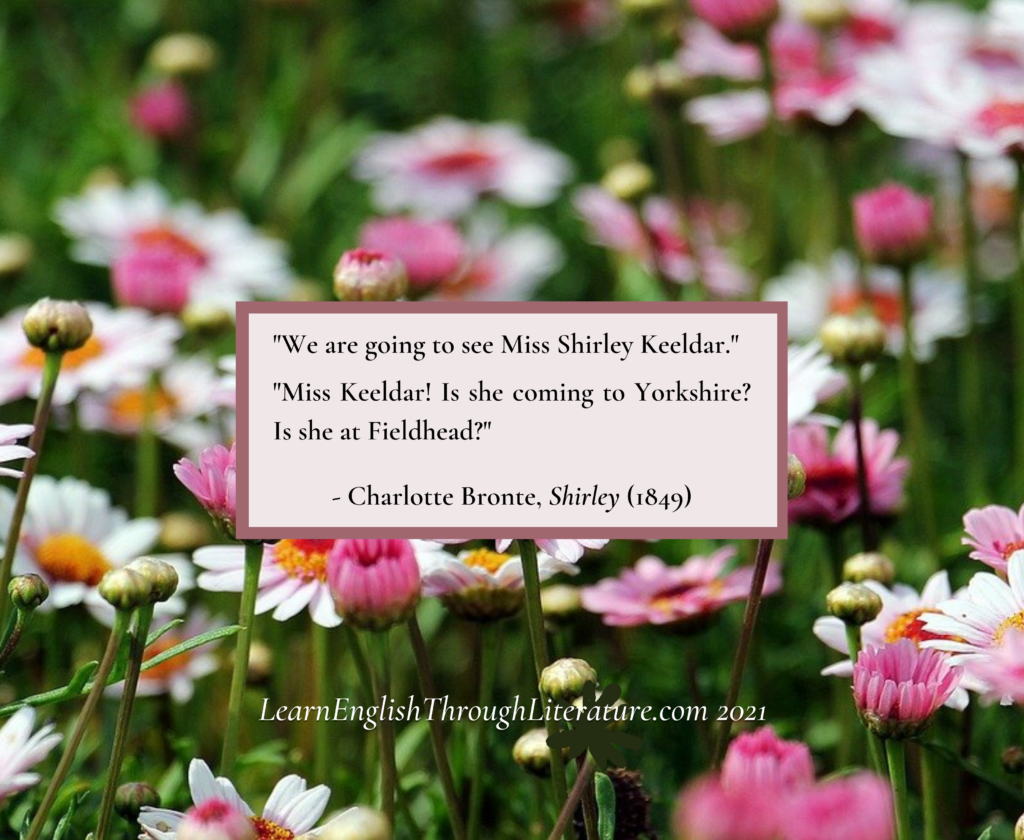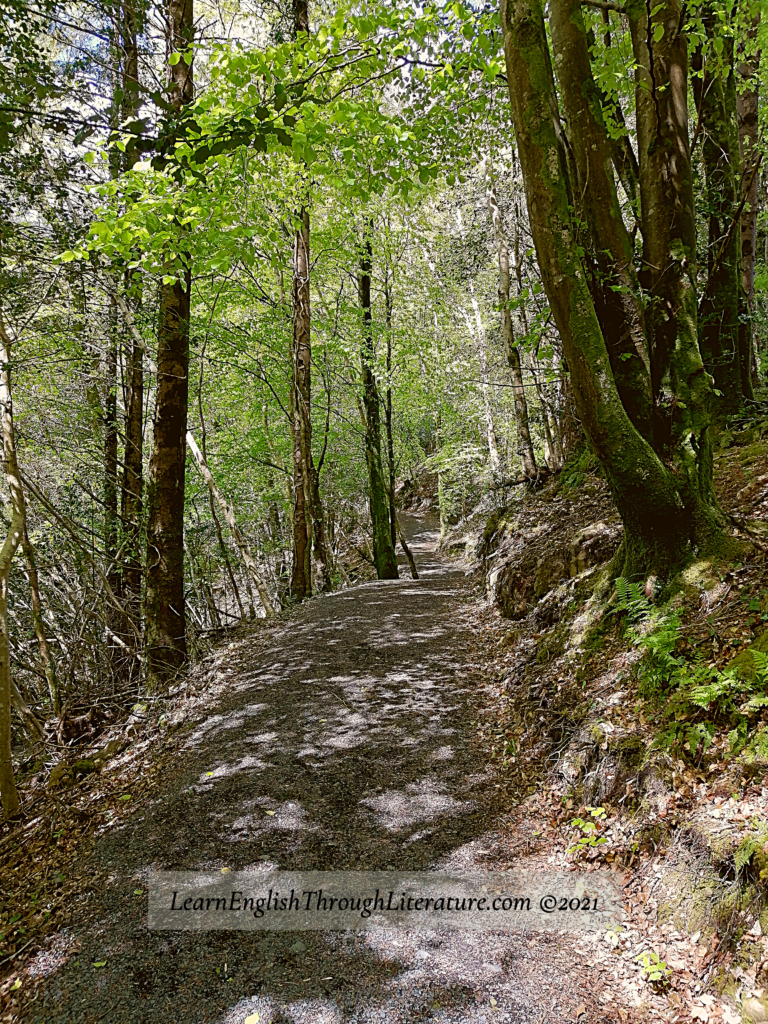Lesson #244: ‘We should be kind while there is still time’: Reflecting on Philip Larkin’s Poem ‘The Mower’
A few days ago, on my early morning walk, I noticed these nice daisies that grow so plentifully by the roadside near my home. 🌼 I took a photograph of them to remember them by when they would be withered away. I was glad that I did, because when I returned a few days later, […]

